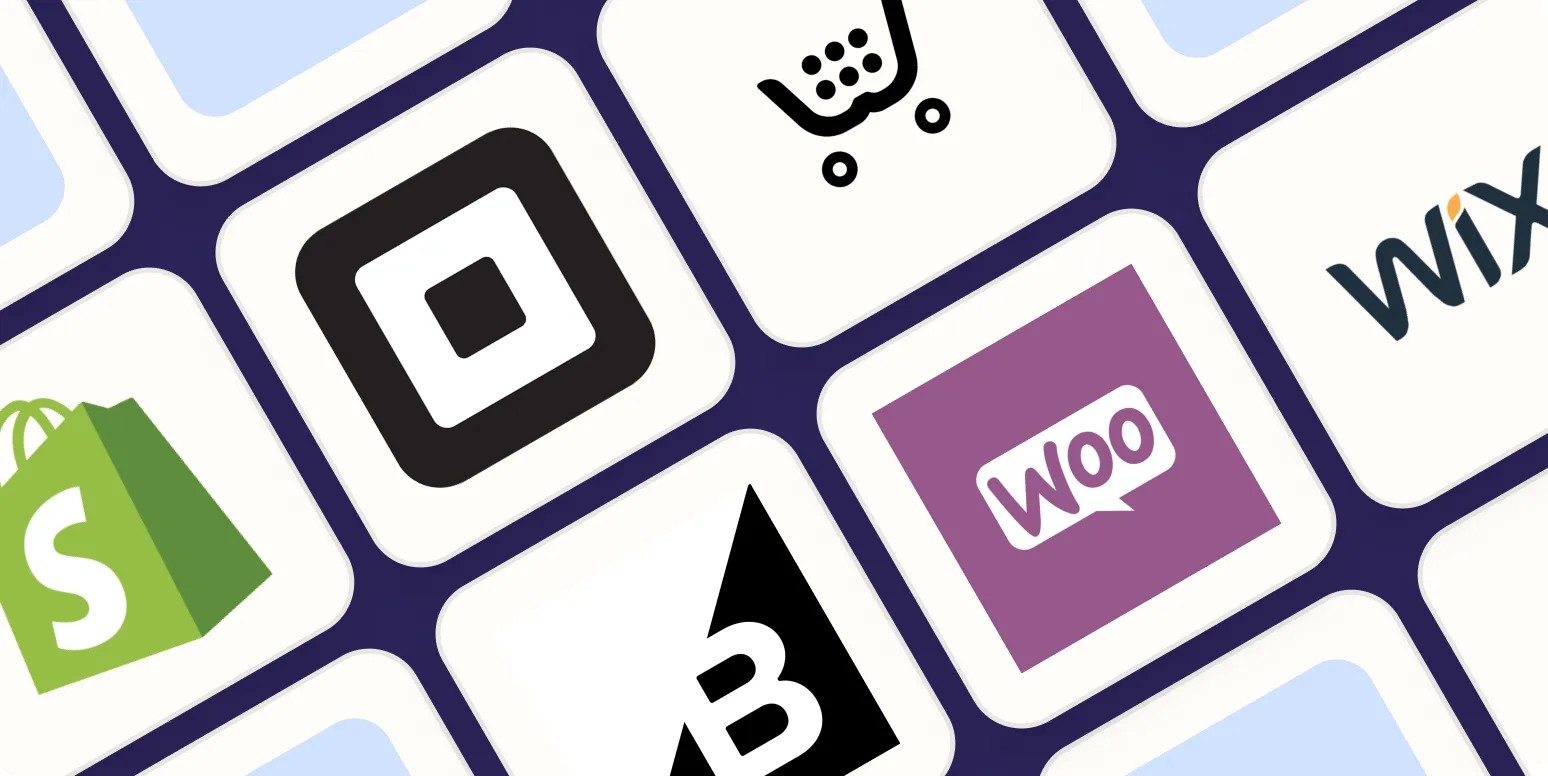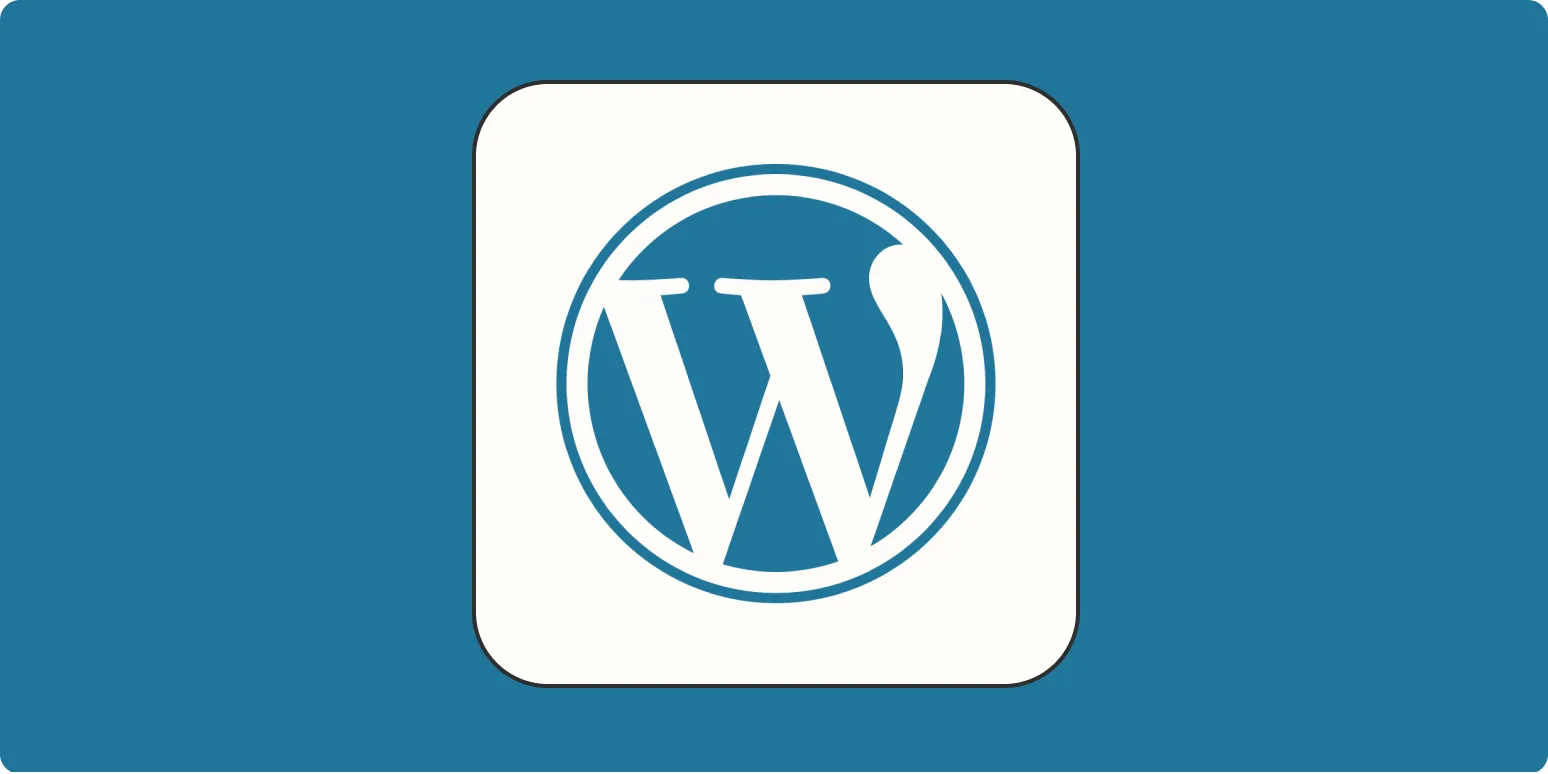1. Shopify
Shopify remains a dominant player in the eCommerce landscape, known for its user-friendly interface and extensive app ecosystem. With over 1 million businesses using the platform, it offers a variety of themes and customization options, allowing users to create stunning online stores. Key features include:
- Built-in payment processing
- Mobile-optimized templates
- Robust SEO features
The platform also supports multiple languages and currencies, making it an ideal choice for businesses targeting global audiences.
2. WooCommerce
For those already using WordPress, WooCommerce is an excellent option. It transforms a standard WordPress site into a powerful online store. Its flexibility and extensive customization options make it suitable for businesses of all sizes. Key benefits include:
- Complete control over your store’s design
- Access to thousands of plugins
- Strong community support
With WooCommerce, users can easily optimize their store for search engines, enhancing visibility and attracting more traffic.
3. BigCommerce
BigCommerce is designed for growth, offering robust built-in features that cater to high-volume retailers. It supports multi-channel selling, allowing businesses to integrate their stores with platforms like Amazon and eBay. Notable features include:
- Advanced SEO capabilities
- No transaction fees
- Customizable checkout processes
BigCommerce is ideal for businesses looking to scale quickly without compromising on functionality.
4. Wix eCommerce
Wix has gained popularity as an intuitive website builder, and its eCommerce capabilities are no exception. With a drag-and-drop interface, users can create beautiful online stores without any coding knowledge. Key features include:
- Variety of stylish templates
- Integrated marketing tools
- Mobile optimization
Wix eCommerce is perfect for small to medium-sized businesses looking for an affordable yet powerful solution.
5. Squarespace
Squarespace is known for its stunning design templates, making it an attractive option for visually-driven brands. It provides essential eCommerce features, including:
- Beautiful product galleries
- Integrated social media tools
- Strong blogging capabilities
With Squarespace, users can easily create a cohesive online presence that reflects their brand identity.
6. Magento
Magento is a powerful platform that caters to larger businesses with complex eCommerce needs. It offers extensive customization options and scalability, making it suitable for enterprises. Key highlights include:
- Open-source flexibility
- Robust security features
- Advanced SEO and marketing tools
While it may require more technical expertise, Magento provides unparalleled control for businesses looking to create a unique online shopping experience.
Comparison Chart of the Best eCommerce Platforms
| Platform | Ease of Use | Customization | SEO Features | Best For |
|---|---|---|---|---|
| Shopify | Very Easy | Moderate | Strong | All Sizes |
| WooCommerce | Moderate | High | Strong | WordPress Users |
| BigCommerce | Easy | Moderate | Strong | High-Volume Retailers |
| Wix eCommerce | Very Easy | Moderate | Good | Small to Medium Businesses |
| Squarespace | Easy | Moderate | Good | Creative Brands |
| Magento | Complex | Very High | Excellent | Large Enterprises |
Conclusion
Choosing the right eCommerce website building platform is crucial for your online store's success. Each of these platforms has its unique strengths and caters to different business needs. Whether you prioritize ease of use, customization, or SEO capabilities, there's a solution that fits your requirements. By leveraging the right tools, you can create a compelling online presence that drives sales and enhances customer experiences. Consider your specific needs and take advantage of the features offered by these platforms to establish a thriving online store in 2025.





